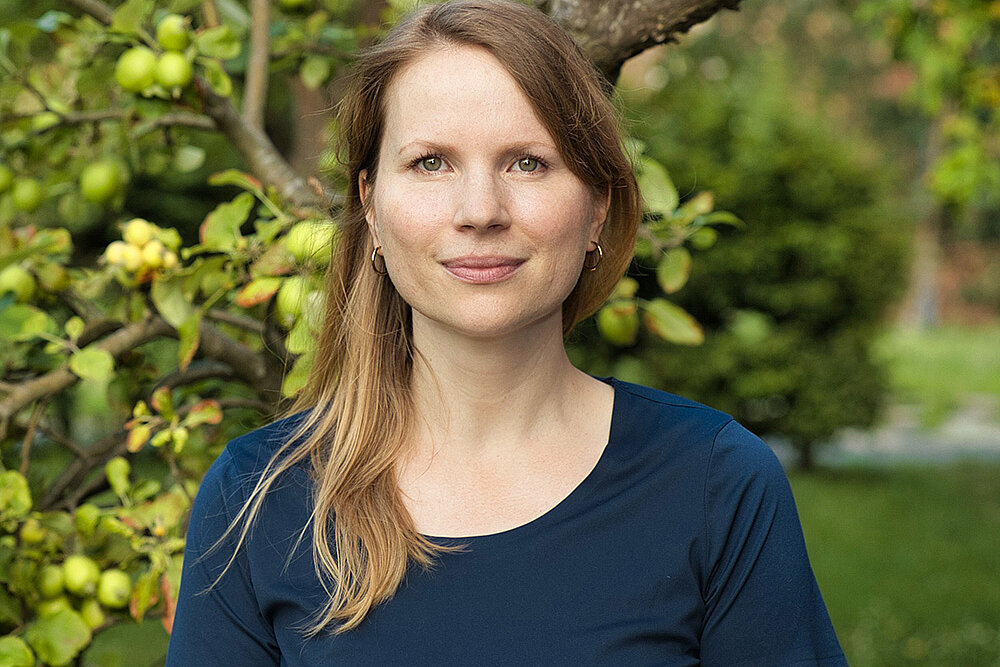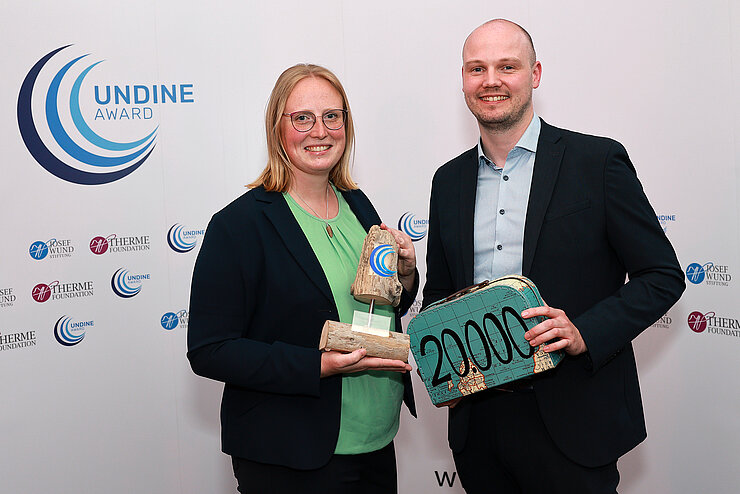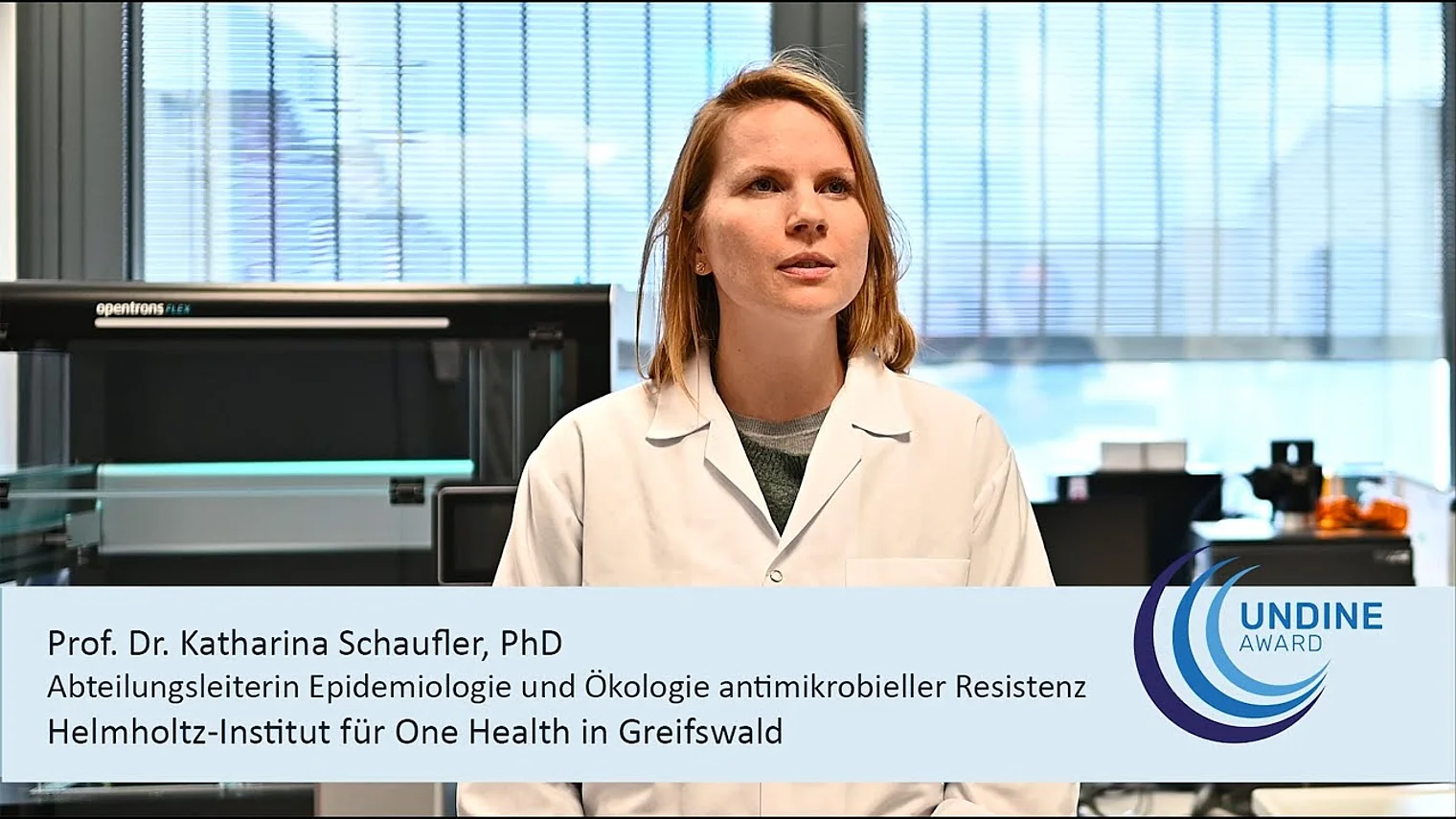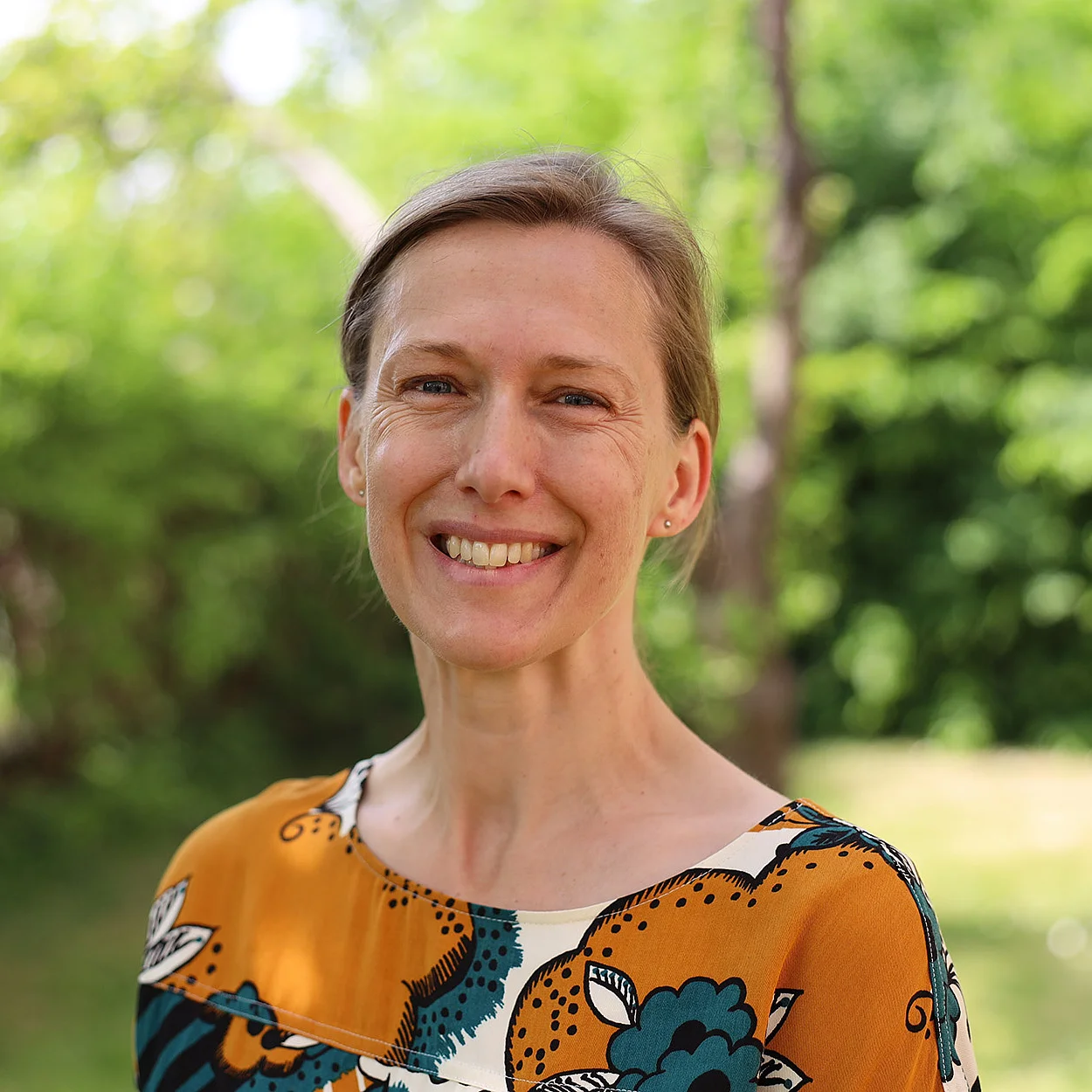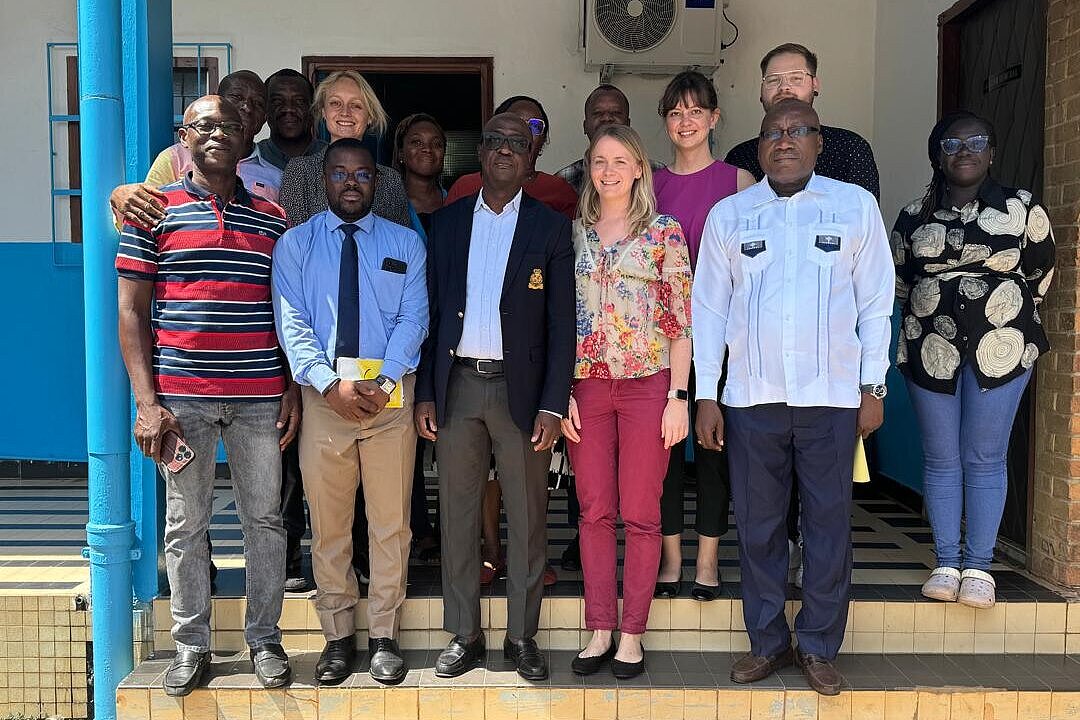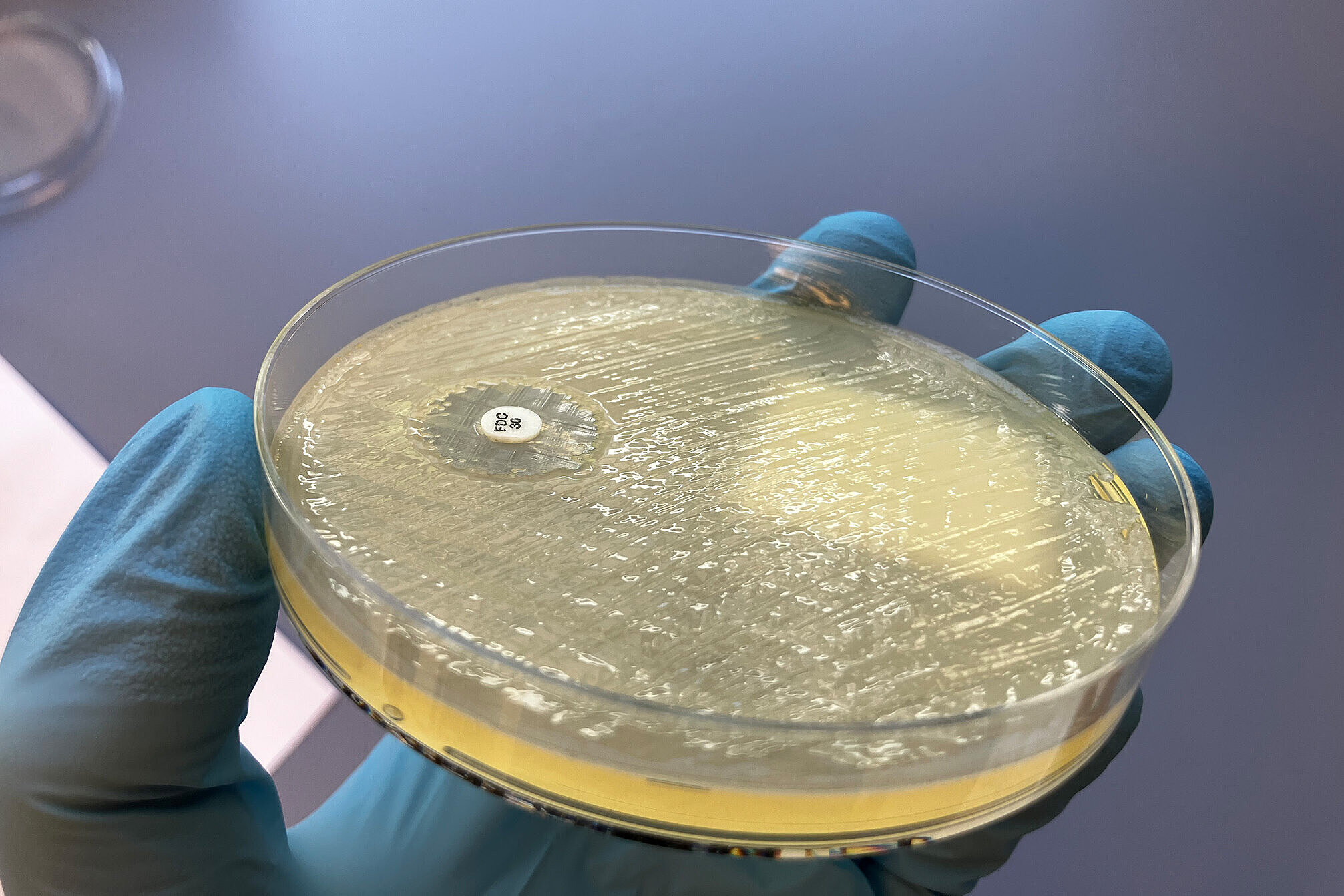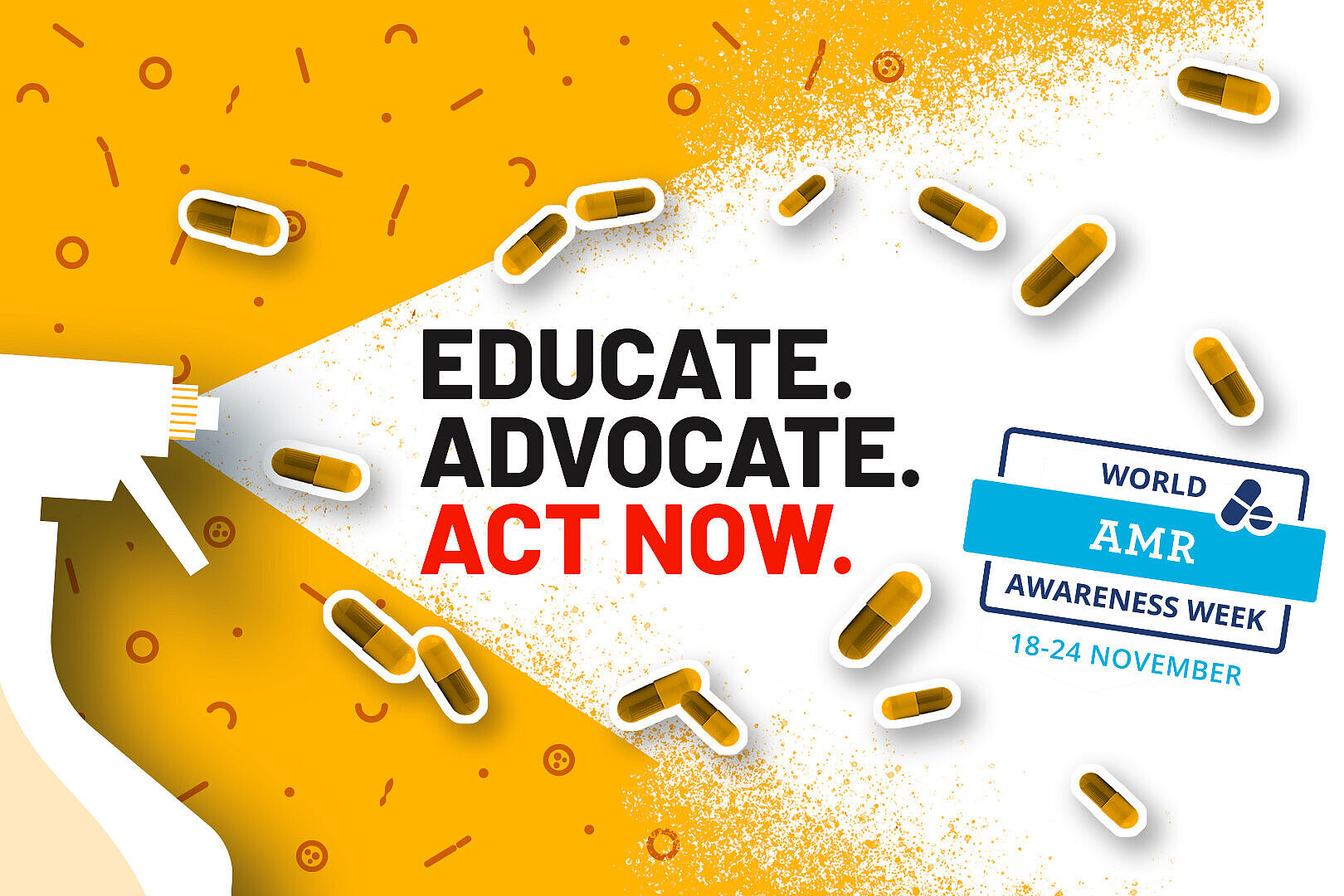“The award for our project ‘Habitat Greifswald Bodden: AMR Research for Health, Environment and Society’ is a great honor and motivation for us,” says Katharina Schaufler. “This demonstrates the importance of including aquatic ecosystems in strategies to combat antimicrobial resistance.” Water is a key element that significantly influences the health of humans, animals and the environment - and is therefore an indispensable component of the One Health approach, which takes a holistic view of these areas.
Schaufler's team is investigating the spread and development of antibiotic-resistant bacteria in the One Health context. As these microorganisms are increasingly resistant to conventional antibiotics, infections caused by them in humans and animals represent a growing global health threat. Resistant bacteria can be found almost everywhere - including in the brackish waters of the Greifswalder Bodden on the Baltic Sea, where the researchers were able to detect clinically relevant pathogens. The findings are not only crucial for the protection of the Baltic Sea as a sensitive habitat and tourist region, but also contribute to the development of international strategies to contain antimicrobial resistance.
A central goal of the project is to develop innovative approaches to reduce AMR. In addition, the team is actively involved in promoting young scientists and in science communication in order to convey research results in an understandable and accessible way. The Undine Award supports the research team in further expanding its activities nationally and internationally and raising public awareness of the health significance of AMR.
